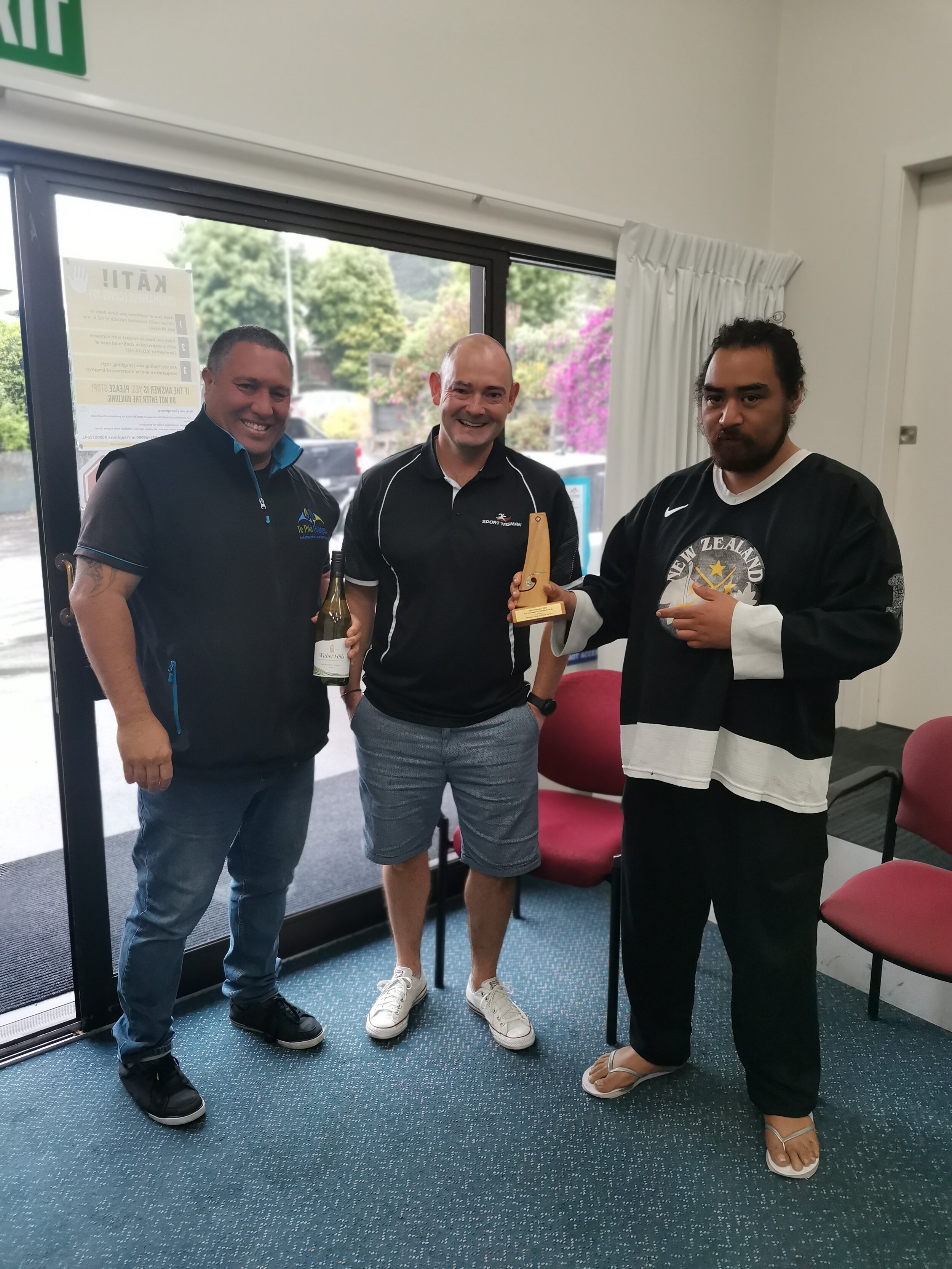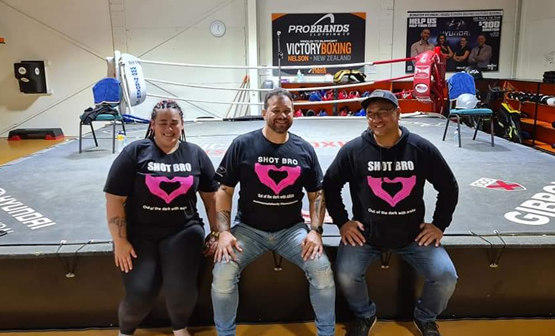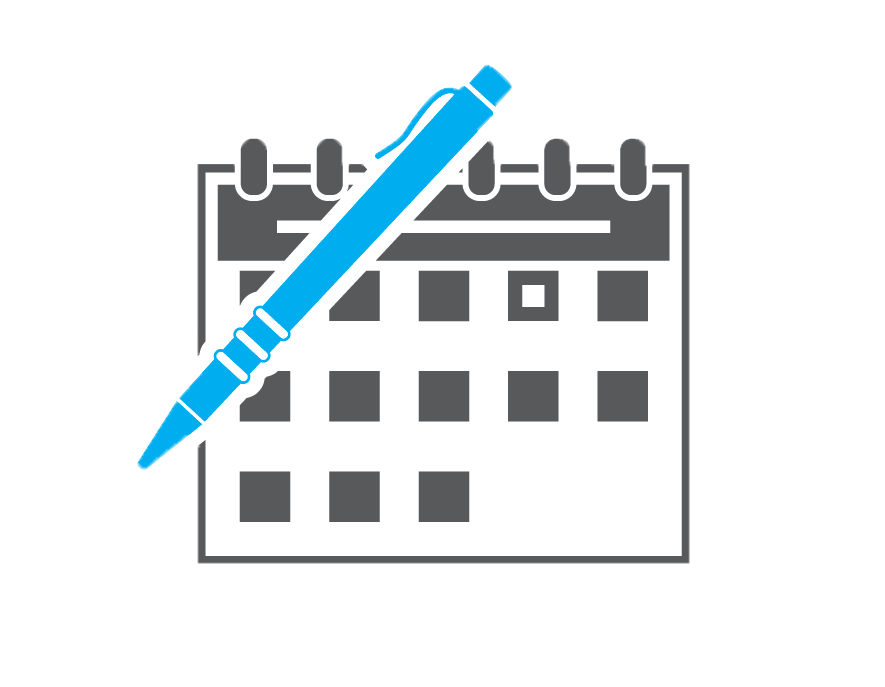A new purpose for whānau whare
When Carolynn Tipene learned of the new Manu Ora clinic opening at 219 Howick Road in Wairau, it brought back years of happy memories.
For Carolynn and her siblings, the building that houses the new Manu Ora clinic was called home for many years.
Jim and Violet Walker bought the building from Māori Affairs around 1959 and the whare was home to all nine of their children until 2016, when Violet sadly passed away.
“As a whānau we were sad to see the house go, but life must go on!” says Carolynn.
But when the whānau learned that the whare was to become a clinic providing culturally sensitive primary health care, it brought tears to their eyes. Carolynn believes her mum and dad would be so happy to learn of the whare’s new purpose.
As tamariki, the Walker’s were brought up to understand whānau ora and holistic wellbeing and Carolynn says that the whare is steeped in the values of te whare tapa whā (Māori holistic model of health).
The news of Manu Ora was an opportunity for the whānau to share their memories and Carolynn says it has brought them all much happiness.
She recalls the backyard was full of fruit trees and gardens that not only fed the whānau, but the whole neighbourhood. “Our father gardened by the moon and the flower garden was Mum’s domain. It wasn’t unusual for people to wander off the street for a closer look,” says Carolynn.
The harakeke still growing there was gifted by the whānau’s Papa, Kereama Keelan (Ngāti Porou), when his daughter Violet left her home in Tolaga Bay, as a young bride, and moved south with Jim.
Carolynn also remembers that the whare had an open-door policy; there was always kai and a bed available to anyone who might need one.
Jim leased the paddock at the back of the property (now full of houses) where he kept sheep, chickens, pigs, and a horse at one stage.
The whole neighbourhood of kids visited the house, where they created a BMX bike track (long before its time) and took bike frames from the dump and welded and built their own BMX and chopper bikes.
On behalf of her entire whānau Carolynn would like to thank Te Piki Oranga and Manu Ora for bestowing hauora and mana once again to 219 Howick Road and says “you have brought a lot of joy to the whānau of Jim and Violet Walker.”































